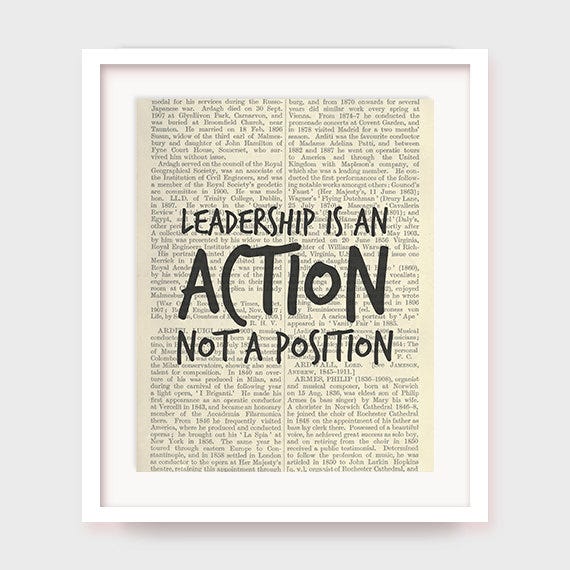
As individual contributors, occasionally we encounter various situations where we need to lead without formal authority (sometimes we’ve been asked to). Formal training on leading others without the power to do so is rare. The fact, finding the right candidates for this critical task is challenging for any management, doesn’t assist much in the circumstances. The root cause relies on the required skill set for being one since a potential candidate doesn’t follow typical hiring procedures and job description.
As once said by Donald McGannon:

Leadership quote
Hence, I’ll try to frame five practical ways of recognizing leadership without being a manager:
Positive attitude influence Link to heading
Colleagues that genuinely help their teammates beyond their role, treat others with respect, and strive for open and honest discussions are potential leaders. Furthermore, they usually create pleasant atmosphere across the team by humor, sharing success stories, and echoing their coworkers’ triumphs.

Thrive to continuous self-development Link to heading
Individuals who keep track with recent industry changes and drive themselves for continuous development. Maintaining side projects, contribute to open-source, reading job-related material from multiple sources, all are some examples of thinking out of the box for self-improvement. Creating a routine of improving your “stack” not only boosts your career but also plays as a role model for the team.
Being an authority Link to heading
It’s all about knowledge sharing — that simple. Individuals that speak at conferences or write a professional publication, whether it’s internal or external to their workplace are the ones who demonstrate authority in their domain. Nowadays, social media has the potential to inspire others by blog-writing, online presenting, or even maintaining a social media profile where you can echo your thoughts. In any way they choose, it motivates team members to learn and contribute.
See the big picture Link to heading
If you care — your clients and stakeholders will notice it. Acting with integrity and communicating based on mutual trust are the foundation stones of leadership. Those to follow, have a “can do” attitude supporting the company’s values and reputation. They are visionaries of actions that have to be done first, such as volunteering for complicated activities or being involved in decision making. Which will lead them to see the big picture, results in sharpening their leadership skills.

See the big picture
Mentoring others Link to heading
Being a mentor is an opportunity to grow for both parties (as I previously blogged about). The experienced teammate shares his knowledge with the less practiced one. It’s a chance to improve your presentation, writing, and training skills. If done wisely, the mentor receives recognition for his contribution by the mentee, and eventually identified as a leader in the specific domain.
Final words Link to heading
Being a leader shouldn’t be limited to upper management and those who hold a people manager role. Individual contributor leaders should be formally recognized and empowered. Organizations have to provide sufficient training which focuses on leading people without being in a management function. Cherish any employer doing that.
As I see it, investing in this type of skill set will yield a stronger collaboration within the teams, a higher satisfaction level, and longer retention of the overall organization.